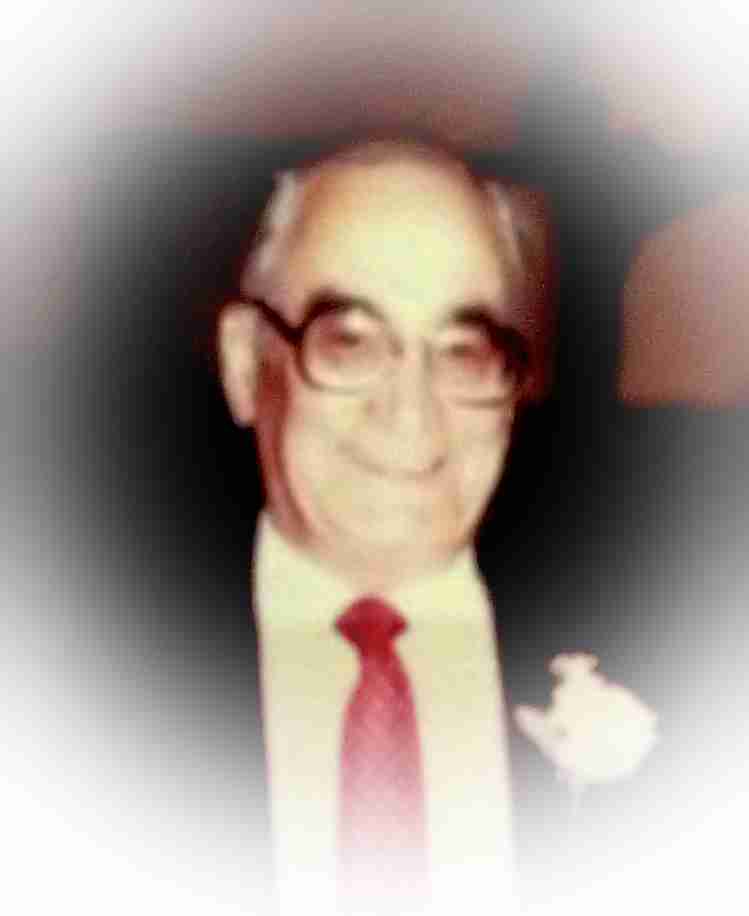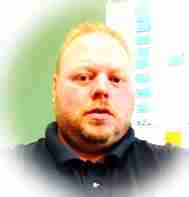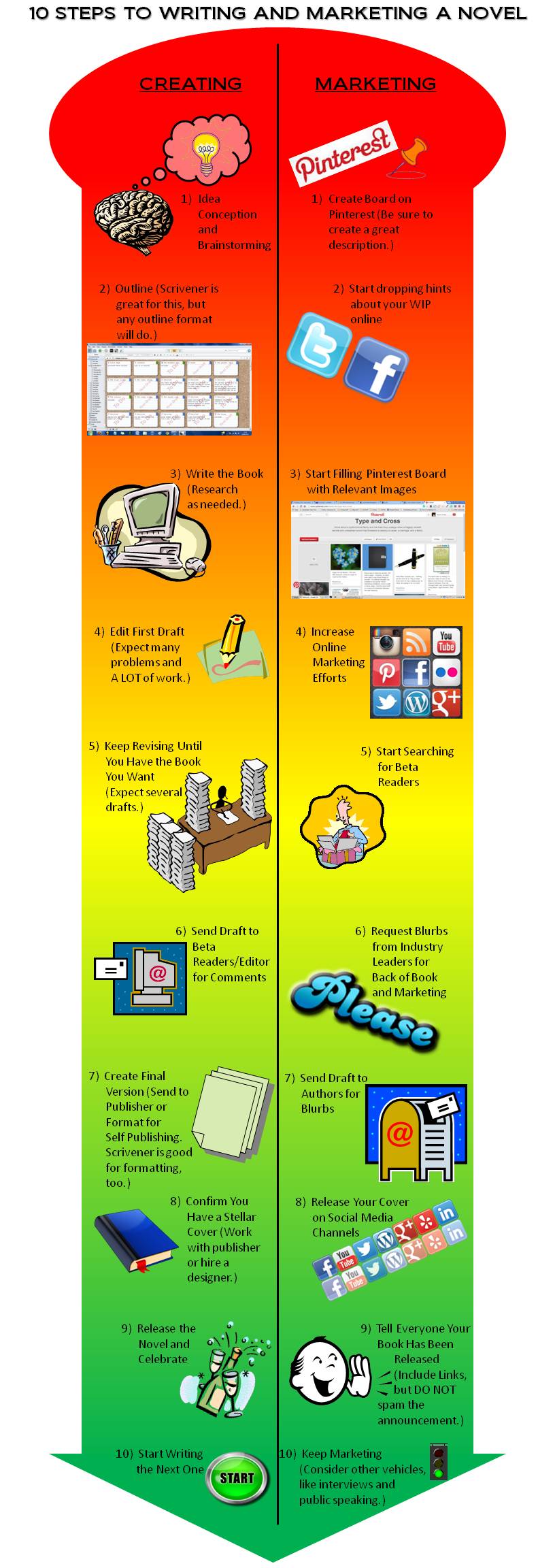I spent the weekend in Eureka Springs, Arkansas learning about writing, publishing, and platforming at a fabulous writers conference put on by Ozark Creative Writers. This was their forty-fifth annual conference, and while it was my first time in attendance, I can’t imagine they’d ever put on a better one.
 Thursday evening began with President Dusty Richards hosting an informal discussion group welcoming everyone and discussing different writers’ journeys from novice to published author. Later, a reception was held and writers had the opportunity to read a few pages of their work to their peers.
Thursday evening began with President Dusty Richards hosting an informal discussion group welcoming everyone and discussing different writers’ journeys from novice to published author. Later, a reception was held and writers had the opportunity to read a few pages of their work to their peers.
 Friday was a full day. After opening remarks, keynote speaker Cherry Weiner addressed the group. Ms. Weiner lives in New Jersey and is an agent who works closely with the Big Six publishing houses in New York. Rather than giving a prepared speech, she immediately opened the floor for questions, and boy did we have them. We learned about query structures (everyone has a format, but a general rule to follow is one page, four paragraphs: first is the genre, word count, and if it’s a single title or series; second is the storyline; third is any publishing credits; fourth is a thank you, followed by a request for instructions on how to submit if interested). We learned that the Big Six will only give an author six weeks on the shelves, and if the book doesn’t sell it gets pulled. That means an author must market. We learned that these days, series are preferable to single titles because it means that the author will have more books coming along. We learned that formal prose is likely too stiff, but that doesn’t excuse poor grammar and excessive colloquialisms. Manuscripts still need to be polished when they are submitted, because editors aren’t going to “edit” anymore. In short, we learned a lot.
Friday was a full day. After opening remarks, keynote speaker Cherry Weiner addressed the group. Ms. Weiner lives in New Jersey and is an agent who works closely with the Big Six publishing houses in New York. Rather than giving a prepared speech, she immediately opened the floor for questions, and boy did we have them. We learned about query structures (everyone has a format, but a general rule to follow is one page, four paragraphs: first is the genre, word count, and if it’s a single title or series; second is the storyline; third is any publishing credits; fourth is a thank you, followed by a request for instructions on how to submit if interested). We learned that the Big Six will only give an author six weeks on the shelves, and if the book doesn’t sell it gets pulled. That means an author must market. We learned that these days, series are preferable to single titles because it means that the author will have more books coming along. We learned that formal prose is likely too stiff, but that doesn’t excuse poor grammar and excessive colloquialisms. Manuscripts still need to be polished when they are submitted, because editors aren’t going to “edit” anymore. In short, we learned a lot.
 After the break, Susan Swartwout from Southeast Missouri University Press talked about hooks in first lines and first pages. In addition to all writing needing to be tight and full of action, there are certain rules that will improve first page hooks.
After the break, Susan Swartwout from Southeast Missouri University Press talked about hooks in first lines and first pages. In addition to all writing needing to be tight and full of action, there are certain rules that will improve first page hooks.
- Avoid starting with dialogue. There’s too much mystery when readers don’t know the characters. They don’t know who’s speaking.
- Avoid straight description for too long. It will bore the readers.
- Start with an action or a compelling statement and then fulfill the promise. If you start with something exciting or an interesting statement but the action isn’t resolved or the statement isn’t explained, you’ll lose the reader’s attention.
- Think short and simple. Don’t begin with word play puzzles. The reader isn’t vested yet, so he or she won’t care enough to try to figure it out.
- Don’t try to write the hook first thing. Just write; then edit and make a great hook.
 After lunch, Johnny Boggs spoke about the YA market. Mr. Boggs has successfully written for adults and teens, and he offered tips for writing for a younger audience.
After lunch, Johnny Boggs spoke about the YA market. Mr. Boggs has successfully written for adults and teens, and he offered tips for writing for a younger audience.
- Girls will read about either gender, boys are really only interested in male protagonists.
- A great hook is essential.
- Language needs to be about two years older than the protagonist.
- Kids are more sophisticated than we were; be age appropriate.
- The missing parent is a typical plot device; it lets the kids be the heroes. They need to face life alone in some way.
- Nothing is off limits anymore. Death, abuse, drugs, sex, violence, profanity… if it’s handled in an age-appropriate way, it can be written about.
 After a quick break, Ms. Weiner returned with New York editor Daniela Rapp to do a “single page book buy.” Authors submitted one page of their WIPs and the agent and editor listened to them and offered comments, sometimes even saying they’d like to talk to the writer further after the session. This was by far the most helpful session, as we all got to see and hear firsthand what agents and editors look for in manuscripts, and what they reject.
After a quick break, Ms. Weiner returned with New York editor Daniela Rapp to do a “single page book buy.” Authors submitted one page of their WIPs and the agent and editor listened to them and offered comments, sometimes even saying they’d like to talk to the writer further after the session. This was by far the most helpful session, as we all got to see and hear firsthand what agents and editors look for in manuscripts, and what they reject.
 We ended the day with the choice of attending a session by Poet Laureate Peggy Vinning or CEO of 2 Rivers Communications Dianna Graveman. I attended the session with Ms. Graveman to learn more about platform building. As expected from a social marketing guru, she spoke fast and covered a lot. While she did mention the usual Twitter and Facebook topics that social media experts have to cover, she also delved into blog tours, speaking gigs, Goodreads, eventbrite and speakerfile. I had explored the first three briefly on my own, but I had never even heard of eventbrite and speakerfile. The customization options of the two were quite impressive and worth exploring.
We ended the day with the choice of attending a session by Poet Laureate Peggy Vinning or CEO of 2 Rivers Communications Dianna Graveman. I attended the session with Ms. Graveman to learn more about platform building. As expected from a social marketing guru, she spoke fast and covered a lot. While she did mention the usual Twitter and Facebook topics that social media experts have to cover, she also delved into blog tours, speaking gigs, Goodreads, eventbrite and speakerfile. I had explored the first three briefly on my own, but I had never even heard of eventbrite and speakerfile. The customization options of the two were quite impressive and worth exploring.
 Saturday began with Ms. Rapp discussing what kinds of things she looks for when deciding what to publish. She says it’s more than just a quality judgment, books should come to her polished and ready and must meet three criteria: They must tell a story. She must love at least one character. They must be different in some way from every other story. If they pass those tests, the author should keep these seven points in mind:
Saturday began with Ms. Rapp discussing what kinds of things she looks for when deciding what to publish. She says it’s more than just a quality judgment, books should come to her polished and ready and must meet three criteria: They must tell a story. She must love at least one character. They must be different in some way from every other story. If they pass those tests, the author should keep these seven points in mind:
- Research the industry – Know what’s going on and what’s changing.
- Research the market – Know the genre.
- Don’t be motivated by money or fame – Most authors don’t ever make a living writing.
- Marketing isn’t a necessary evil; it’s the way books are sold today – You have to do it today if you want to sell books tomorrow.
- Getting published takes time – Contract to shelf can take two years. Be patient.
- Writing is a career, not a one-off – Know what other projects you have coming up and be working on them so you have something else to pitch.
- Be an expert in your area – Research you genre, the authors in your genre, the time period in which your books are set…
 After a break, Susan Swartwout discussed contracts. She recommended getting an agent, because an agent’s job is to get a writer the best deal possible, and an agent will understand the contract better than even a lawyer, and certainly better than the writer. Even so, she brought along a sample contract and pointed out some key areas of note. One thing that isn’t usually in contracts is cover control. Try to get some say over the cover design (at least veto rights), as that can make or break a novel. Also check that the copyright is in your name, not the publisher’s. And lastly, confirm who has international rights and film rights. Those are things agents can negotiate for you.
After a break, Susan Swartwout discussed contracts. She recommended getting an agent, because an agent’s job is to get a writer the best deal possible, and an agent will understand the contract better than even a lawyer, and certainly better than the writer. Even so, she brought along a sample contract and pointed out some key areas of note. One thing that isn’t usually in contracts is cover control. Try to get some say over the cover design (at least veto rights), as that can make or break a novel. Also check that the copyright is in your name, not the publisher’s. And lastly, confirm who has international rights and film rights. Those are things agents can negotiate for you.
 After lunch, Dianna Graveman hosted a session on selling an author’s work. Running concurrently was a session by the Board. Lou Turner, Dusty Richards, Beth Bartlett and Johnny Boggs took questions from the audience and discussed their careers. We got some valuable information about how to query a small press (and how not to nag them afterward), how to write dialogue and internalization using different voices and how to tag (also how not to tag), and how joining online organizations and being a good “netizen” can help drive up book sales. Listening to four such accomplished professionals was an honor.
After lunch, Dianna Graveman hosted a session on selling an author’s work. Running concurrently was a session by the Board. Lou Turner, Dusty Richards, Beth Bartlett and Johnny Boggs took questions from the audience and discussed their careers. We got some valuable information about how to query a small press (and how not to nag them afterward), how to write dialogue and internalization using different voices and how to tag (also how not to tag), and how joining online organizations and being a good “netizen” can help drive up book sales. Listening to four such accomplished professionals was an honor.
 The next session was by Ms. Weiner and Ms. Rapp. They put on a little skit showing how a manuscript goes from agent to editor to publication. This section was full of valuable information regarding timeframes, agent and editor roles, and publishing house functions. I now understand why it can take two years for a book to hit the shelves. I still don’t like it, but I get it. The manuscript goes through so many hands and so many revisions, plus cover design, marketing and sales… Not to mention, it’s not the only one they’re working on. It’s daunting. No wonder the publishers want our patience and our help promoting. We are our number one cheerleaders.
The next session was by Ms. Weiner and Ms. Rapp. They put on a little skit showing how a manuscript goes from agent to editor to publication. This section was full of valuable information regarding timeframes, agent and editor roles, and publishing house functions. I now understand why it can take two years for a book to hit the shelves. I still don’t like it, but I get it. The manuscript goes through so many hands and so many revisions, plus cover design, marketing and sales… Not to mention, it’s not the only one they’re working on. It’s daunting. No wonder the publishers want our patience and our help promoting. We are our number one cheerleaders.
The conference “proper” ended with a toot-your-own-horn segment, where people could talk about their successes. There are a lot of successful people there. I hope to join the ranks soon.
I missed the awards banquet; I had to get back to town. A friend emailed me that I took second place in one of the writing contests and I won the Cherry Weiner raffle (for her to look at and critique some of my work), but I won’t believe any of it until I actually see it for myself. I mean, my first conference and to take second place in a contest and win a raffle! That’s too good to be true. Plus I picked up an anthology while I was there that I was published in, and I have a blurb on the back cover (Bigfoot Confidential – High Hill Press). If that’s not a great first conference, I don’t know what is. I can’t wait until next year’s! Hope to see some of you there.



















